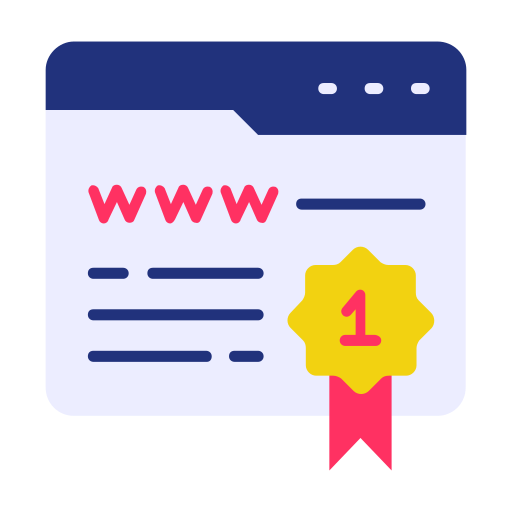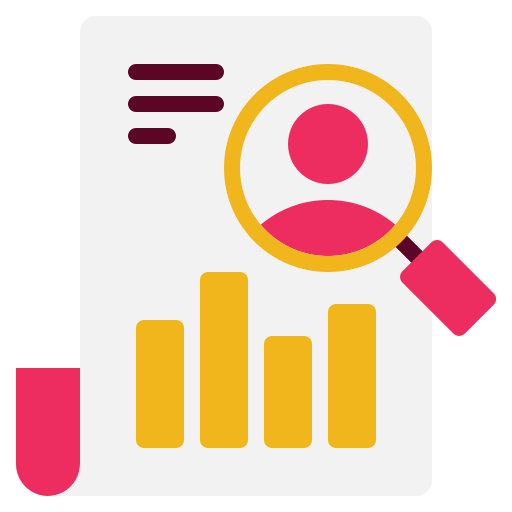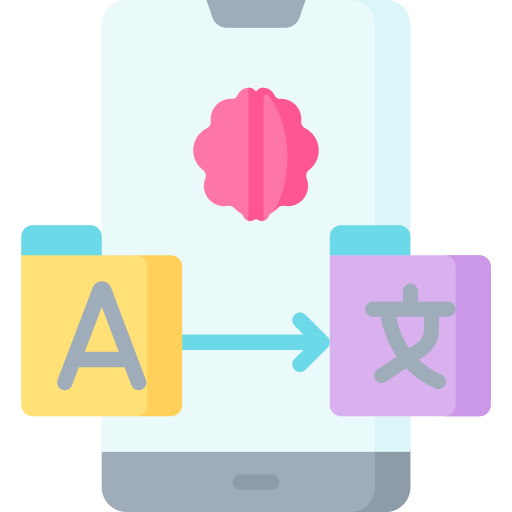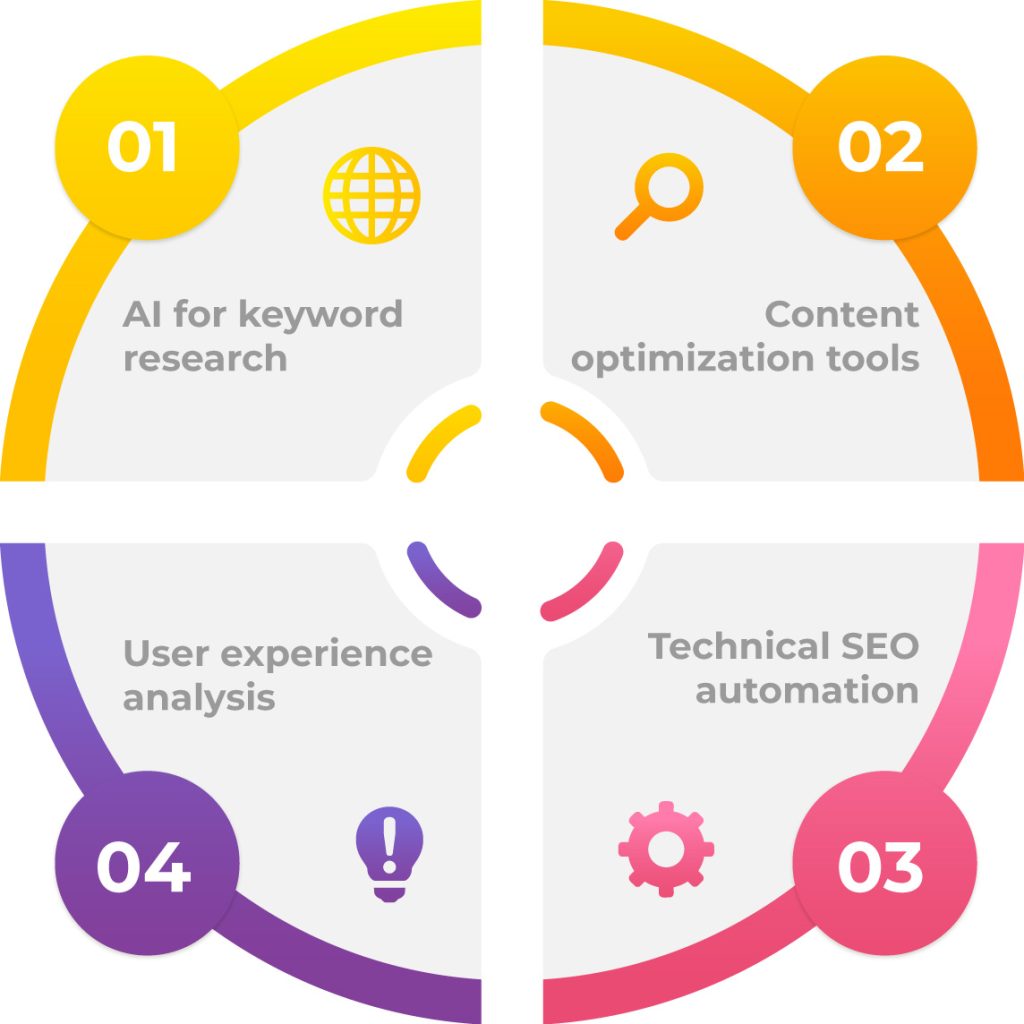Share Article :
Introduction
Artificial intelligence (AI) is rapidly changing the digital marketing landscape, and its impact on search engine optimization (SEO) is undeniable. For marketers, understanding this evolution is crucial to staying ahead of the curve and ensuring their websites remain visible and competitive.
This article explores how AI affects SEO, its potential benefits and challenges, and provides recommendations for adapting your SEO strategies in this new era.

How AI is Changing SEO
AI is already deeply integrated into search engines like Google. AI-powered algorithms, such as Google’s RankBrain, are revolutionizing how search results are generated and delivered. These algorithms use machine learning to understand user intent and deliver more relevant search results. This shift from basic keyword matching to semantic search means that search engines are becoming more sophisticated at interpreting the meaning behind search queries and considering factors like user behavior and context.
AI presents an opportunity to boost SEO content and enhance search visibility rather than replacing human content creators. As Google continues to evolve, being knowledgeable and flexible becomes essential for using AI’s potential in the constantly changing field of SEO. While traditional SEO remains essential, AI enhances it, offering automation and data mining to increase productivity and unlock new value in the organic channel.
The changing competitive landscape prioritizes page one results, making it more critical than ever to have a strong SEO strategy. To navigate this changing digital environment, the C.R.A.F.T. framework has been developed to guide content creators, especially when working with AI-generated content. This framework emphasizes the importance of human expertise in crafting high-quality content that resonates with users while adhering to SEO best practices.
How Search Engines Use AI to Improve Results
Search engines leverage AI in various ways to enhance the search experience for users :

Understanding Natural Language: AI helps search engines understand the nuances of human language, including slang, idioms, and the context in which words are used. This enables them to interpret search queries more accurately and deliver more relevant results.

Ranking Web Pages: AI algorithms analyze numerous factors, such as content relevance, quality, user experience, and website authority, to determine the ranking of web pages in search results. Google’s search algorithm is programmed to act like a human and decide the best content for any given search query. The algorithm is trained to take into account different factors such as word choice, readability, and length to provide accurate results.

Personalizing Results: AI personalizes search results based on factors like user location, search history, and past interactions. This ensures that users see the most relevant and useful results for their specific needs. Yandex, for example, reported a 10% increase in click-through rates due to personalized search results.

Combating Spam and Misinformation: AI helps identify and filter out spam, low-quality content, and misinformation, ensuring that users are presented with credible and trustworthy sources.

Providing Rich and Interactive Features: AI powers features like voice search, image search, and knowledge graphs, making the search experience more interactive and informative.

Understanding Search Intent: AI helps search engines understand the “why” behind a search query, going beyond the literal words to determine the user’s true intention. This allows search engines to provide more accurate and helpful results.

Advanced Language Processing: Google has developed BERT, a “neural network-based technique for natural language processing (NLP)” that helps the search engine understand how combinations of words express different intents and meanings. This algorithm is said to be better than human copywriters at producing creative, accurate content.
A Case Study in AI-Powered Search
Perplexity AI is an example of a search engine that utilizes AI uniquely. It combines large language models (LLMs), its own web crawler, natural language processing (NLP), information retrieval and summarization, and source citation to provide comprehensive and accurate search results. Perplexity takes context into account, allows for follow-up questions, and filters out misleading or low-quality content.
How Marketers Can Use AI to Improve SEO
AI offers various tools and techniques that marketers can leverage to enhance their SEO efforts :

- Keyword Research and Optimization: AI-powered tools can analyze vast amounts of data to identify high-performing keywords, predict search trends, and optimize content for better search engine visibility. AI can also identify and target long-tail keywords, often more specific and valuable for attracting qualified traffic. By analyzing search intent, AI can help marketers identify these long-tail keywords more effectively.
- Content Creation and Optimization: AI can assist in generating content ideas, optimizing content for relevance and readability, and ensuring that content adheres to SEO best practices. AI-powered content analysis tools can automatically scan and evaluate articles on a website to identify those that lack target keywords or have suboptimal optimization.
- User Experience Analysis: AI can analyze user behavior on websites, providing insights into how users interact with content and identifying areas for improvement in website design and navigation. AI chatbots can further enhance user experience by providing real-time assistance to website visitors who are having difficulty navigating your site.
- Technical SEO: AI can help identify and address technical SEO issues, such as broken links, slow page load times, and mobile-friendliness problems.
- Link Building: AI can assist in identifying relevant and authoritative websites for link building, improving the website’s authority and search engine ranking.
- Website Performance Monitoring: AI tools can continuously monitor various aspects of website performance, including search engine rankings, traffic patterns, user engagement metrics, and technical errors. This allows marketers to quickly identify areas for improvement and optimization.
Visual Search Optimization
With the rise of platforms like Google Lens and Pinterest Lens, visual search is becoming increasingly important. These platforms allow users to search for information using pictures instead of text. Marketers can leverage this trend by optimizing images using AI. This includes using relevant keywords in image file names and alt text, as well as ensuring that images are high-quality and visually appealing.
Case Studies of AI-Driven SEO Success
Several case studies demonstrate the effectiveness of AI in SEO:
- One notable case study involves HSU Marketing agency, which used Journalist AI to grow one of their sites. They leveraged AI for keyword research, content generation, and user experience optimization, achieving significant revenue growth in a short period. This demonstrates the potential of AI to drive tangible results in SEO.
- Another example is a floor coating company that lacked a digital solution to grow their services. By implementing an AI-powered SEO strategy, they achieved a 2000% increase in total sales of their programs. This case study highlights the transformative impact AI can have on a business’s online presence and revenue generation.
- SEOVendor: A property management company achieved over 300% organic traffic growth using SEOVendor’s CORE AI technology, resulting in their best revenue year.
- WordLift: This AI-powered SEO tool helped BeRebel achieve a 147% increase in traffic and greater brand visibility. It also helped Etilika boost clicks by 23% in one month.
Potential Risks and Challenges of Using AI for SEO

While AI offers numerous benefits for SEO, it’s essential to be aware of the potential risks and challenges:
- Over-reliance on AI: Relying solely on AI-generated content without human oversight can lead to inaccuracies, lack of originality, and a robotic tone that fails to engage readers.
- Duplicate Content: AI tools can sometimes generate duplicate content, which can negatively impact search engine rankings.
- Lack of Creativity and Emotional Connection: AI-generated content may lack creativity, emotional depth, and unique insights that human writers bring to their work.
- Factual Accuracy: AI tools may struggle with factual accuracy and can sometimes generate misleading or incorrect information. This highlights the importance of human review and fact-checking to ensure content credibility.
- Ethical Considerations: Using AI for SEO raises ethical concerns, such as the potential for bias in algorithms and the need for transparency in how AI is being used.
Recommendations for Marketers

In the age of AI, marketers need to adapt their SEO strategies to leverage the benefits of AI while mitigating the risks. Here are some key recommendations:
- Embrace AI-powered tools: Utilize AI tools for tasks like keyword research, content optimization, and data analysis to improve efficiency and gain valuable insights.
- Focus on User Intent: Create content that satisfies user intent and provides valuable information, as AI algorithms prioritize relevance and quality.
- Maintain Human Oversight: While AI can assist in content creation, human writers should review and refine the content to ensure accuracy, originality, and engagement. AI and human input should be seen as a collaborative process, where AI can enhance and streamline human efforts.
- Prioritize Quality and Originality: Focus on creating high-quality, original content that provides value to users and adheres to Google’s guidelines.
- Stay Informed: Keep up-to-date with the latest AI advancements and how they impact SEO best practices.
- Experiment and Adapt: Don’t be afraid to experiment with different AI tools and techniques to find what works best for your SEO strategy.
Should You Continue SEO Work on Your Website?
Absolutely! SEO remains crucial in the age of AI. AI enhances SEO, not replacing it. By understanding how AI changes the SEO landscape and adapting your strategies accordingly, you can ensure your website remains visible, competitive, and successful in attracting organic traffic.
Conclusion
AI is revolutionizing the SEO landscape, making it more complex and dynamic. By embracing AI-powered tools, focusing on user intent, and maintaining human oversight, marketers can leverage the power of AI to enhance their SEO efforts and achieve better results. While challenges and risks exist, the potential benefits of AI for SEO are undeniable. To effectively integrate AI into SEO strategies, marketers need to find a balance between AI capabilities and human expertise. AI can automate tasks, analyze data, and provide valuable insights, but human writers are still essential for ensuring accuracy, originality, and emotional connection in content. Ethical considerations, such as bias in algorithms and transparency in AI usage, should also be addressed. By staying informed, adapting your strategies, and prioritizing quality and originality, you can navigate the evolving world of AI-driven SEO and ensure your website thrives in the digital age.
Share Article :
